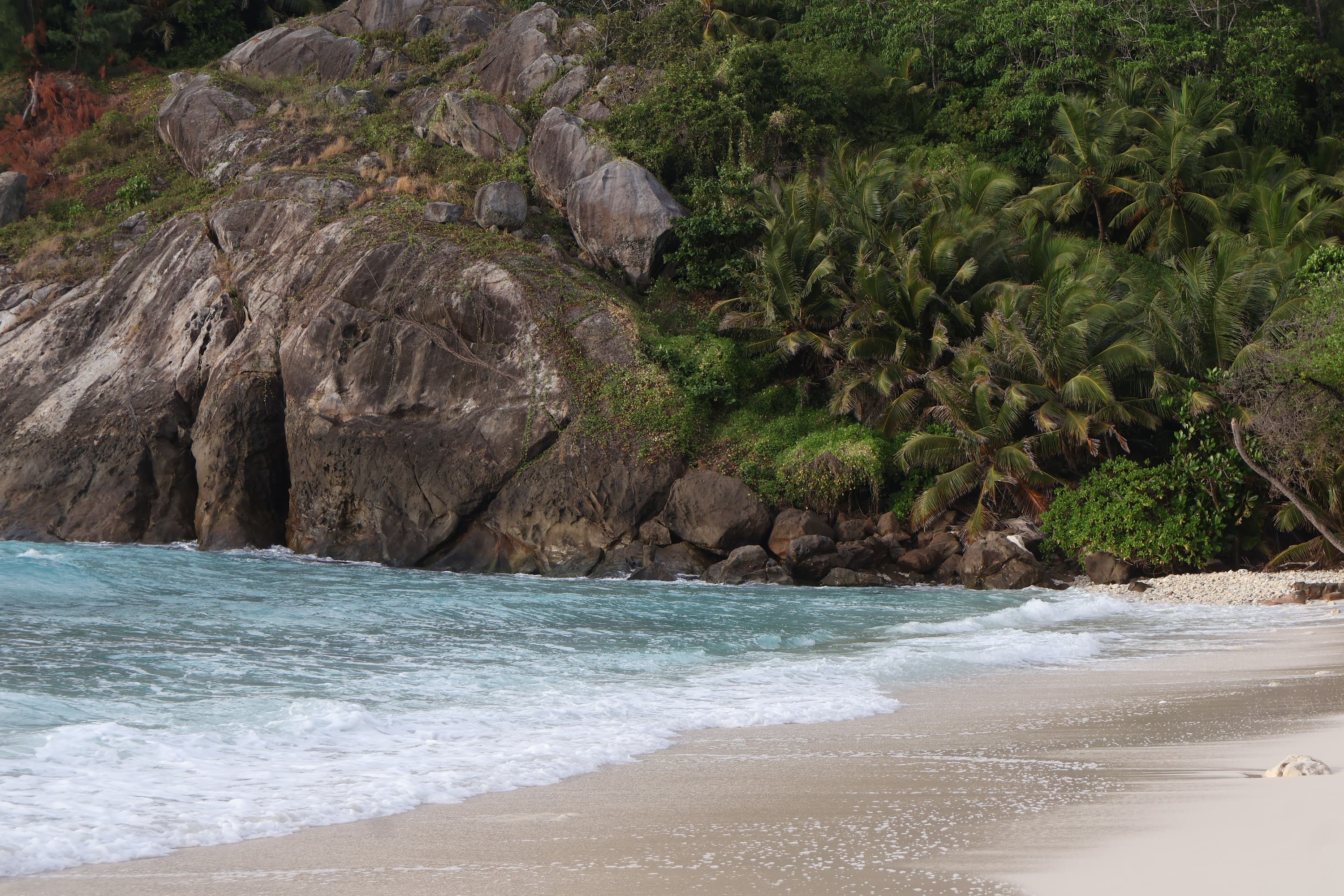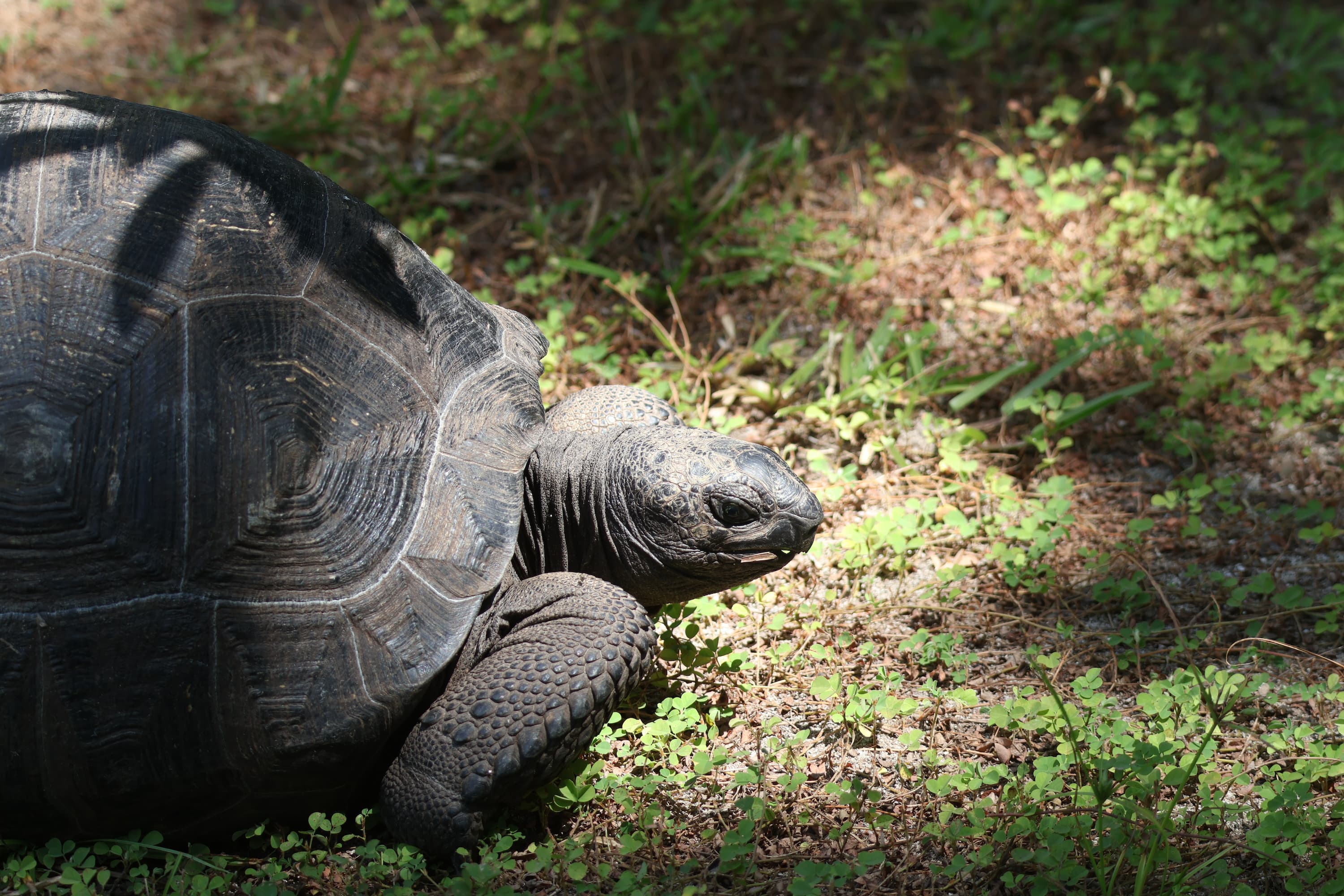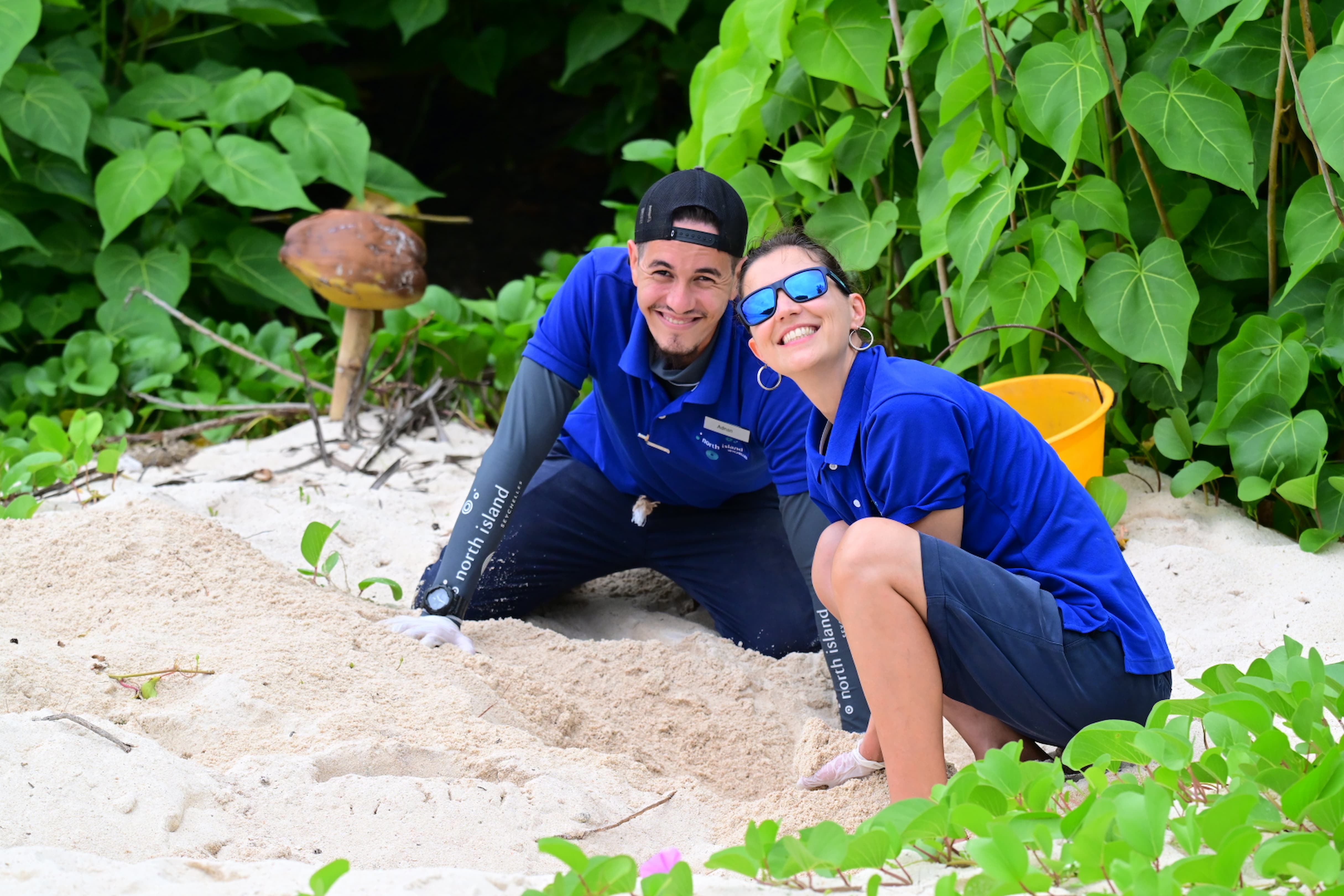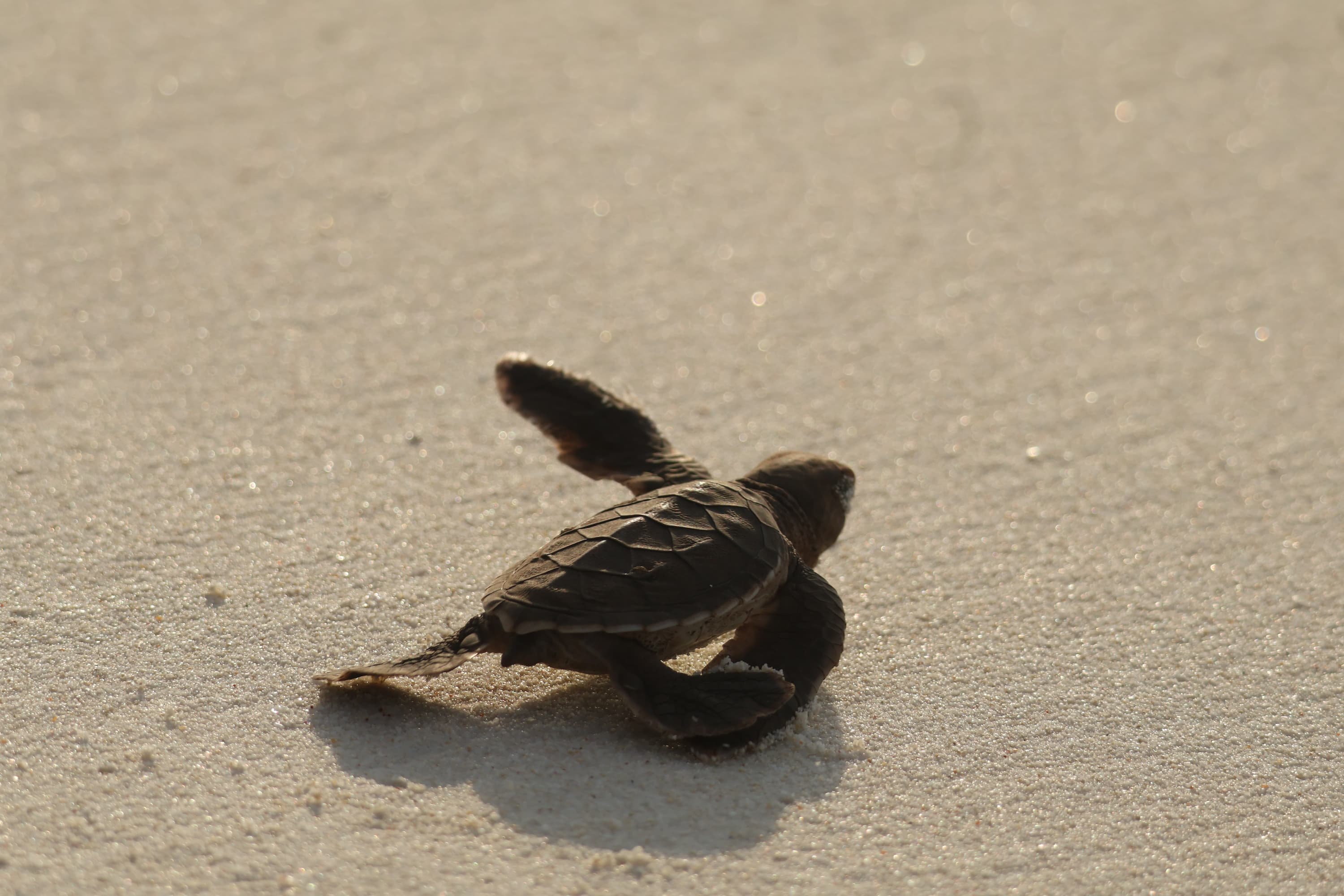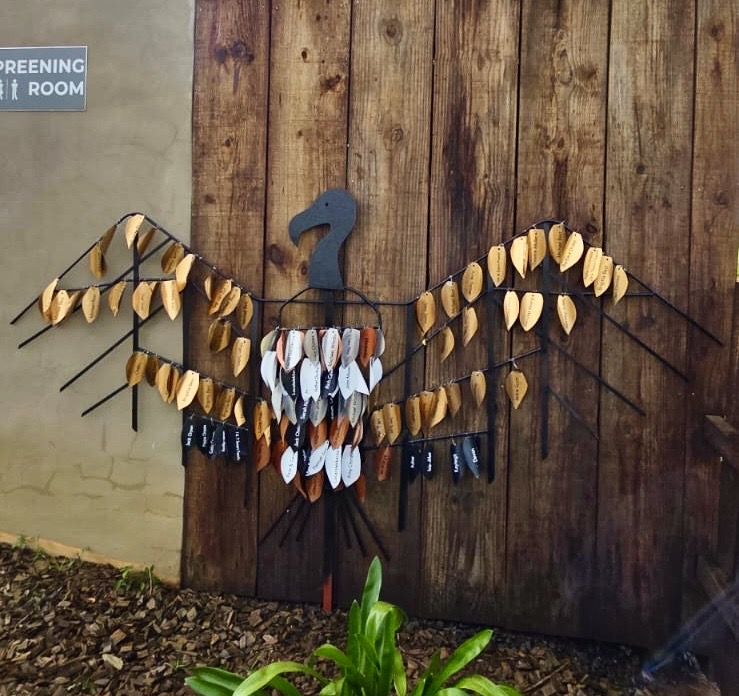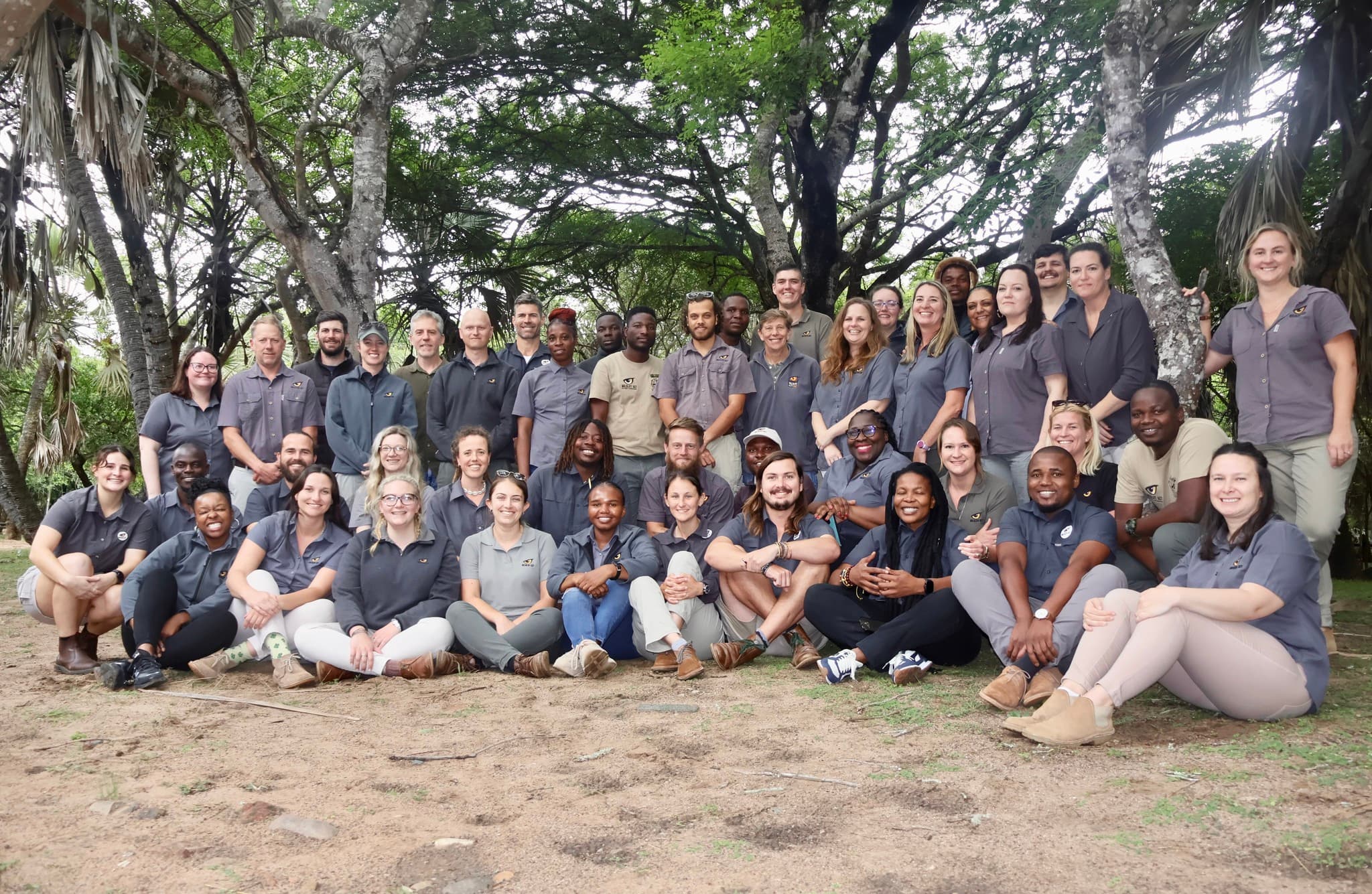Updated Covid-19 regulations (published on 04 May 2022):
Travellers arriving into South Africa who are vaccinated for Covid-19 must, upon arrival, produce their valid Covid-19 VACCINATION certificate.
Unvaccinated travellers arriving into South Africa must, upon arrival, provide a valid certificate of a negative Covid-19 PCR test, recognised by the World Health Organisation, which was obtained not more than 72-hours before the date of travel.
Unvaccinated travellers may also produce a negative Covid-19 ANTIGEN test result performed by a medical practitioner, registered public health authority, or credited laboratory, which was obtained not more than 48-hours before the date of travel.
Outbound travellers leaving South Africa, must continue to comply with the requirements of the country of destination.
At Wildlife ACT we are applying the comprehensive tourism industry COVID-19 protocols that enable us to operate safely. In fact, given that we work in very small teams (maximum of 6 participants), that our research accommodation camps are within a restricted area of the Reserve where not even tourists are allowed entry, and that our work is conducted while seated on the back of open-air vehicles, out here in these remote locations - we are confident that joining us will simply be among the safest places for you to be.

South Africa has been fortunate in that our strict, early lockdown allowed us to significantly limit the transmission of COVID-19 within our country, and our hospitals are well prepared and not overburdened.
We do request that our participants self-isolate as much as possible during the time leading up to the arrival day. While in transit, passengers will be required to follow standard COVID-19 protocols (wearing a face-mask, distancing from others as much as possible, and sanitising thoroughly and consistently).
Specific Guidelines Regarding Masks:
- Always have a mask with you.
- Wear a mask when meeting new people (also remember the elbow shake),
- Wear your mask during shopping trips to town,
- When visiting reserve reception, shop, restaurant & hides,
- When working closely with reserve management & field rangers,
- When in close contact / confinement with others, i.e. inside a vehicle, in a small room, etc.
We ask that all participants bring their own 3-ply fabric* face-masks (a minimum of 3 masks per person), an oral thermometer, and their own supply of 70% alcohol hand sanitiser. (*We encourage the use of reusable/washable fabric masks, rather than disposable single-use masks that end up in landfills.)
Once at our projects, participants will continue to wear face-masks as appropriate, as well as to sanitise thoroughly and consistently. Participants are expected to be watchful for, and to report any COVID-19 symptoms immediately.
Our accommodation Camps, monitoring vehicles and monitoring equipment are thoroughly sanitised on a regular basis, with particular emphasis on regularly disinfecting commonly used surfaces. Bedrooms are sanitised with disinfectant foggers between departures and arrivals.
All shared spaces, including kitchens, ablutions, offices, lounging and dining areas are cleaned regularly, while participants will be taking responsibility to remain cautious and sanitise their hands and their surroundings before and after making use of a shared space.
Specific Guidelines Regarding Sanitation:
- Back of the vehicle must be disinfected after every drive – volunteers to rotate this responsibility.
- Monitoring equipment used by a single person per day & sanitized with a wipe after use.
- Coffee breaks: hands sanitized before & after. Volunteers will take turns sanitizing items after each use.
- Each person to sanitize surfaces (i.e. kitchen counters, tables, handles, etc.) after use.
Participants are also encouraged to make use of our camps’ comfortable and aerated communal areas that are situated outside when relaxing/dining/working together as a group.
Our staff members residing at the Camps also have a mandatory protocol in place to limit exposure, while also being practical in order for them to efficiently carry out their work. In this way, staff and volunteers work together to protect one another while we carry out this vital conservation work.
Wildlife ACT takes COVID-19 seriously and believe we all have a role to play to prevent the spread. It is each individual’s responsibility to follow the basic guidelines of sanitation, wearing of masks, and social distancing, while also allowing for a practical and enjoyable work environment.
We can’t wait to have you on the team! Contact us for more info.




